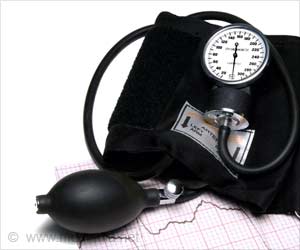It's normal for blood pressure to trend lower in the elderly, but it could be a foreshadow of death.

‘In the average person, blood pressure rises from childhood to middle age; but normal blood pressure in the elderly is still a grey area.’





They found blood pressure declines were steepest in patients with dementia, heart failure, late-in-life weight loss, and those who had high blood pressure to begin with. But long-term declines also occurred without the presence of any of these diagnoses. "Our work highlights the importance of conducting research evaluating older patients like those seen in physician practices everywhere," said George Kuchel, one of the study authors and director of the University of Connecticut Center on Aging at UConn Health.
However, Kuchel emphasized, "I would be very concerned if anyone were to interpret our article as suggesting that hypertension should not be treated in late life or that they should stop their blood pressure medications."
The findings should make both doctors and researchers carefully consider what dropping blood pressure really means for older patients, he added.
Doctors have long known that in the average person, blood pressure rises from childhood to middle age. But normal blood pressure in the elderly has been less certain.
Advertisement
Further, the evidence was clear that the declines were not due simply to the early deaths of people with high blood pressure.
Advertisement
Source-Eurekalert















